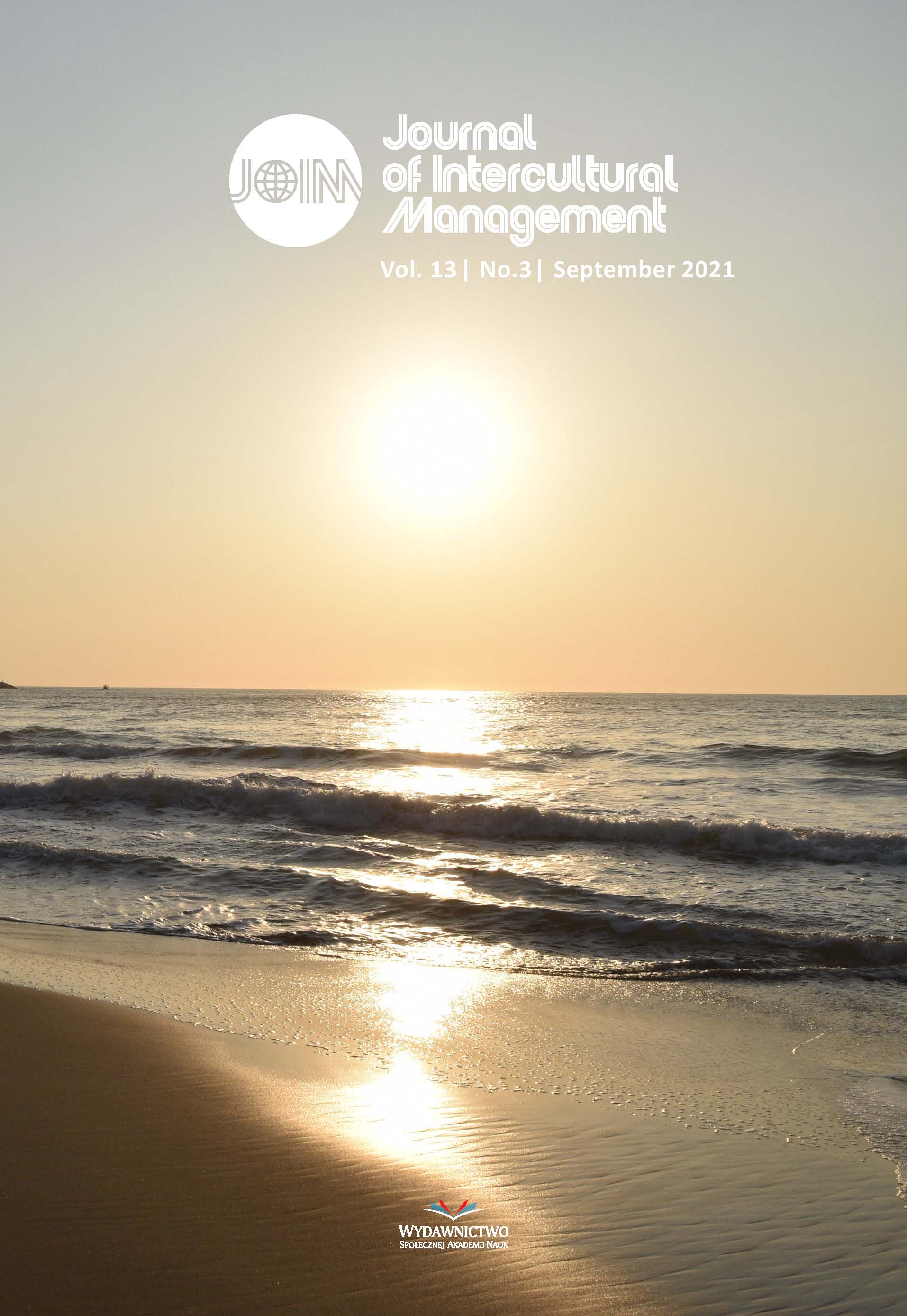Tourism, Hospitality and
COVID-19: Business Challenges
and Transformations; the Case
of Destination and Resort
Planning, Development,
and Policy Framework
Tourism, Hospitality and
COVID-19: Business Challenges
and Transformations; the Case
of Destination and Resort
Planning, Development,
and Policy Framework
Author(s): Zakiya Salim Al-HasniSubject(s): Economy
Published by: Społeczna Akademia Nauk
Keywords: financial crisis; COVID-19; global economy; behaviour changes; economic growth and development; rational choice theory; economics; tourism; and hospitality industries
Summary/Abstract: Objective: This paper aims at restoring tourism and hospitality economic sectors following the negative impacts of the COVID-19. It addresses how behaviour changes can impact the global economy and the relationship between the COVID-19 and the economic development of a country as well as the policymeasures to restore the global economy. The findings from this research will be useful to the tourism and hospitality sectors of the global economies. The recommendations from the study are helpful in decision-making when restoring the global economy. Methodology: To pursue its aim, the study uses Strength Weakness Opportunities Threats (SWOT Analysis). This method helps determine the strategic factorsthat will ensure the global economy's restoration during the COVID-19 period. Additionally, an Analytic Hierarchy Process (AHP) method helps prioritize thestrategic factors to provide the most effective is used. Findings: The research findings indicate that the knowledge that people adaptis constant. Since abrupt changes in behaviour among individuals in the globalcontext is a challenge, the report observes the need to adjust to the new action, especially when adapting to new geographical locations. The tourism sector, forinstance, suffers majorly. Notably, most countries are on an economic standstill ;this is attributable to the increasing financial crisis because of bans on interna-tional travel. Further, the research reflects the pandemic's emergency, especially in the economic, political, and socio-cultural sectors. Concerning the relationship between the pandemic and the global economy, the research observes abackpedalling characterized by low growth in the global gross domestic product(GDP), a significant determinant of economic development in many countries.Economic research indicates poorly productive economies, reduced consump-tion of locally manufactured goods, and employment losses. Recommendations: The report recommends developing new mechanisms andpolicy measures besides behavioural changes to restore the global economy. However, variations, complications, and modifications characterize these measures. Additionally, the research's proposed strategies acknowledge that the economy'stourism and hospitality sectors require reinstation from income employment,social inclusion, and socio-economic solidarity. Reinstation is also mandatory in cultural exchange and peaceful coexistence. Value-added: The results indicate that COVID-19 will break down the tourismsector's economic development structure; hence, strategic initiatives will be vital in achieving the economy's sustainable tourism and hospitality sectors. The inclusion of production and consumption is related to the current global economydue to the COVID-19 pandemic.
Journal: Journal of Intercultural Management
- Issue Year: 13/2021
- Issue No: 3
- Page Range: 109-131
- Page Count: 22
- Language: English

